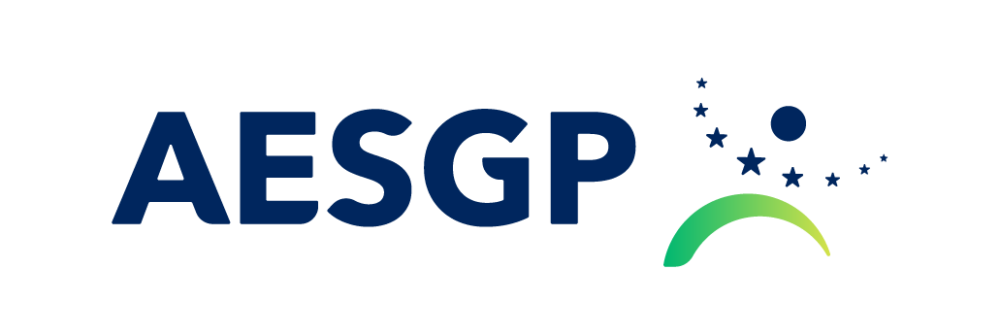The 57th AESGP Annual Meeting – the annual gathering of the self-care sector in Europe – was held on 26 and 27 May 2021 for the first time in a virtual format, taking into consideration the state of the COVID-19 pandemic and its related health measures. Despite the challenges posed by a fully digital event, the conference successfully brought together industry, regulators, policy-makers and other stakeholders in compelling discussions. Under the title ‘Self-care in times of pandemic and beyond’, the conference looked at the impact of COVID-19 on the self-care industry and lessons for the (new) post-COVID-19 reality. It explored how lockdowns have sped up the uptake of technology and changed our health and wellbeing choices, offering new opportunities for the self-care industry and citizens.
Key takeaways
Despite the numerous challenges and difficulties it has brought in personal lives and businesses, the COVID-19 pandemic has also encouraged positive changes, including the uptake of new behaviours and the acceleration of innovation. As showed by the two-day discussions, the pandemic experience provided many lessons for the self-care industry and its partners. The importance of self-care for people and society has been accentuated by the pandemic, and the AESGP 57th Annual Meeting provided insights into how to best go forward and take advantage of these changes.
The interest in self-care has increased during the pandemic, resulting in the further recognition of the value of self-care for both people and society. The evidence on the economic value of self-care is available and will be published soon. It should be acknowledged by policy-makers and other stakeholders when rethinking and rebuilding healthcare systems post-pandemic. Further steps are needed to make self-care the first and obvious choice in Europe.
The changing consumer has been at the forefront of all discussions. The pandemic has encouraged consumers to become more proactive, connected and engaged, albeit they are not yet confident when making health-related decisions. Health literacy has been underlined as being of utmost importance to empower individuals to take better care of themselves.
The use of the internet to look for health-related information has increased during the pandemic and has often led to questionable sources providing incorrect or even harmful information. Since the very first day of the pandemic, the World Health Organisation, the European institutions as well as Industry have fought misinformation circulating on social media and the internet. However, most of the time, those efforts have been reactive and could not prevent all the wrong information from spreading over the internet. More needs to be done to ensure that people find their way to reliable sources of information, especially in times of crisis.
Mandatory social distancing and avoiding unnecessary contacts have also stimulated the uptake of remote consultations with healthcare professionals, such as general practitioners. Telemedicine and pharmacists-led care during 2020 have proven to be viable alternatives to face-to-face appointments with doctors, and effective complementary tools to assist the population. Community pharmacies have remained open, even in the worst moments of the pandemic. In many countries, the scope of pharmacists’ activities has been expanded, allowing them to take a greater role in the delivery of care, including through dispensing self-care products and bringing health services closer to people.
The AESGP 57th Annual Meeting has provided exciting examples of what the self-care industry is doing to meet the challenges of a (post-)pandemic world and take advantage of the ‘new normal’, notably by offering new services, leveraging new technologies, engaging with new partners and exchanging with the consumers.
Environmental sustainability and protection are undeniably important elements to build trust in the industry and to contribute to better health for the population. A multi-stakeholder approach is key to make sustainability efforts a success.
